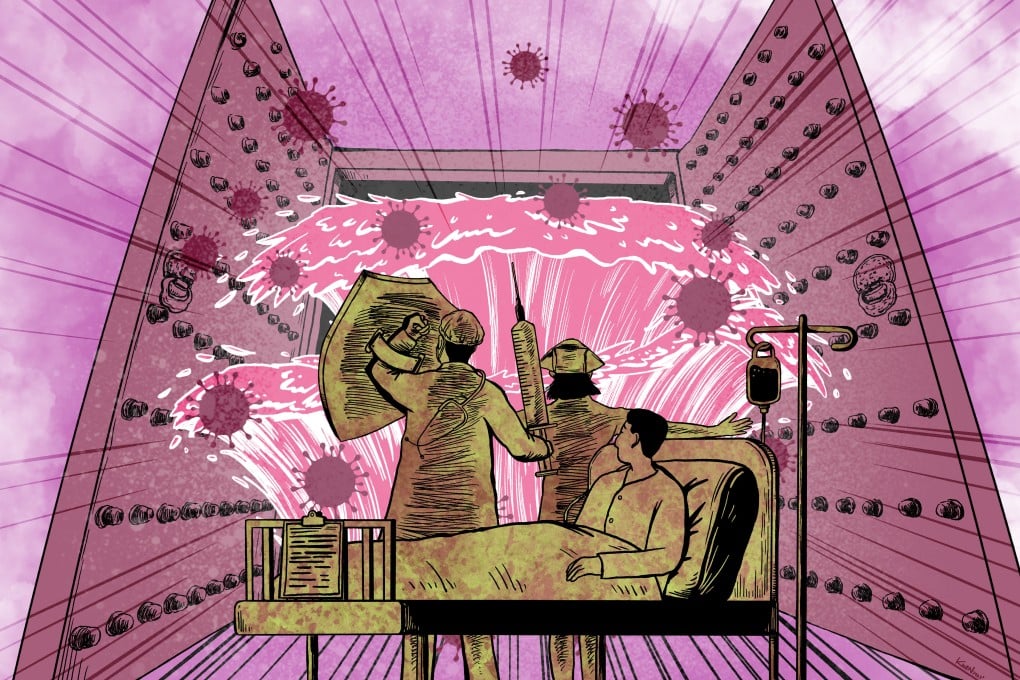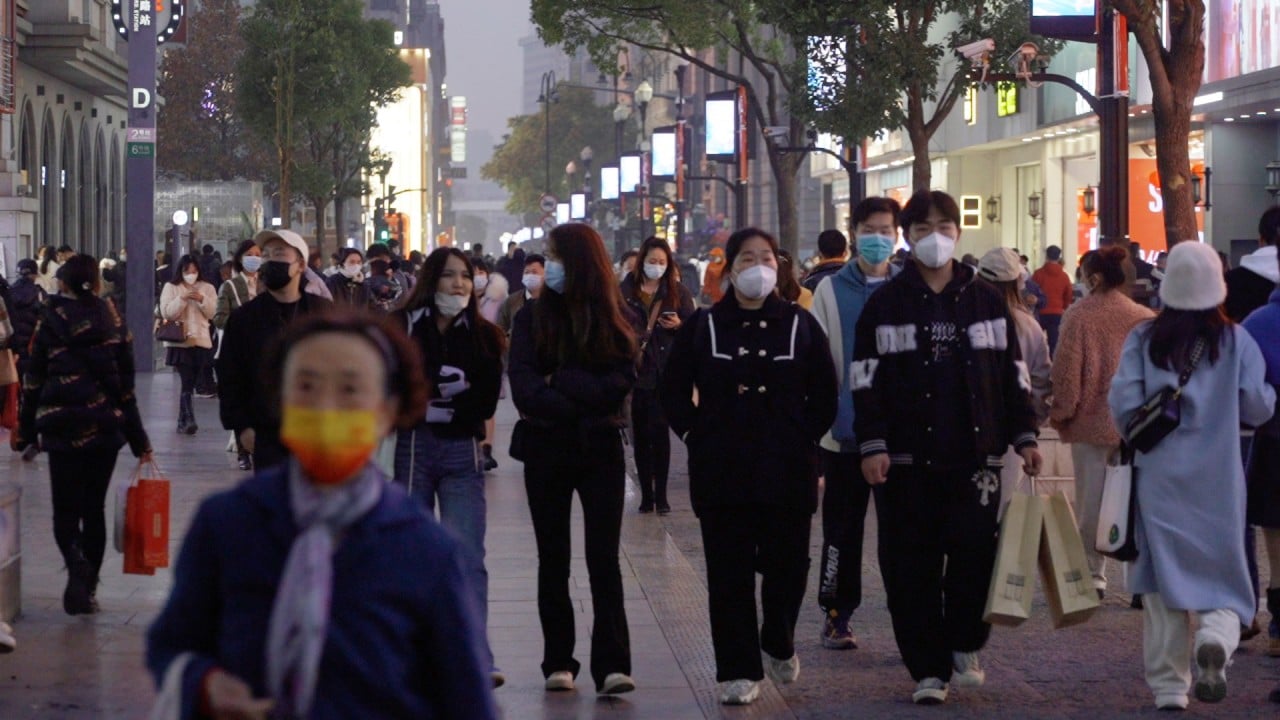Advertisement
Frontline Wuhan: the first city struck by Covid-19 learns its lessons
- Emergency doctor Ai Fen was one of the first in the world to see the effects of the new coronavirus and has just coped with latest wave
- The city’s healthcare system was better prepared this time and handled the rising cases with ease, but there is still room for improvement
Reading Time:5 minutes
Why you can trust SCMP
36

Luna Sunin Beijing
About 10 million residents of Wuhan, where Covid-19 was first reported, endured a 76-day lockdown from January 2020 to contain the virus that causes the disease. Such responses became a key pillar of China’s zero-Covid policy, but another wave of infection hit the city three years later when the authorities pivoted to living with the virus. In the second of a three-part series on the anniversary of the lockdown, Luna Sun talks to a doctor who has battled Covid-19 twice on the front lines about how well the healthcare system has handled the latest surge.
One of the first doctors to confront the new coronavirus that causes Covid-19 said Wuhan’s healthcare system was better prepared for the latest wave of infections, compared to the chaos and disorientation of December 2019, but there is still room for improvement.

Ai Fen, director of the emergency department at the Central Hospital of Wuhan, was on the front line when she started seeing patients with a mysterious Sars-like pneumonia.
A snapshot of her initial report – which warned that the illness was likely to be highly contagious and dangerous – was shared by eye doctor Li Wenliang, one of the first whistle-blowers to the public about the emergency that later became known as Covid-19, which also killed him.
Ai was reprimanded by hospital officials for her report and accused of spreading rumours, but she continued to emphasise the importance of preparedness to her staff, insisting that they wear masks, wash their hands and offer masks to patients.
Now, after weeks of fighting the renewed wave of Covid-19 infections – which has ripped through the population at a much larger scale compared to three years ago – Ai said the healthcare system had learned the lessons and was better prepared.
Advertisement
